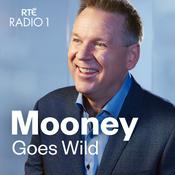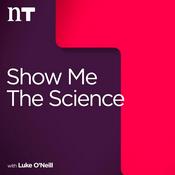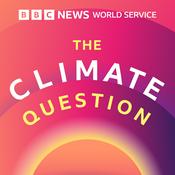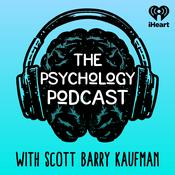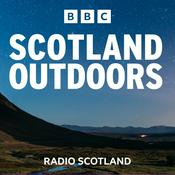84 episodes
- Melanie Mitchell is a professor at the Santa Fe Institute and a leading thinker on artificial intelligence, analogy, and abstraction. She reflects on how analogy quietly drives creativity and scientific discovery even in the most rigorous fields. Analogies often emerge during moments of mental rest and don’t need to be accurate to nudge you into new avenues of thinking. We discuss how many core scientific concepts began as metaphors, how analogies can both illuminate and mislead, and whether large language models truly grasp abstraction. The conversation ranges from the role of analogies in Einstein’s thought process to evolutionary “landscapes” and the balance between generative night science and critical day science.
The Night Science Podcast is produced by the Night Science Institute. For more information on Night Science, visit night-science.org . - Amy Shyer & Alan Rodrigues co-direct the Laboratory of Morphogenesis at Rockefeller University. They are also married. Together, we reflect on what it means to think creatively in biology. Amy and Alan discuss the importance of challenging established frameworks, cultivating a “feeling for the organism,” and balancing conceptual imagination with close attention to observable phenomena. They are true science buddies, with their complementarity and partnership allowing them to challenge each other by diving deeper into the ambiguity and loneliness of research.
Join our Train-the-Trainer Event to learn how to teach Night Science, April 24th at the New York Academy of Sciences! https://night-science.org/train-the-trainer-workshop/
The Night Science Podcast is produced by the Night Science Institute. For more information on Night Science, visit night-science.org . - It’s surprising that for centuries, scientists have left the study of how to do science largely to non-scientists. Not anymore – thanks to the young field of cognitive epistemology. In this episode, we discuss the exciting – and surprising – science of doing science with Marina Dubova, a postdoc at the Santa Fe Institute and soon a professor at UC Berkeley. Marina found, for example, that to get the most powerful theories, you should not plan the collection of data with a view to falsify or validate existing hypotheses; instead, try to get as diverse a dataset as possible. It adds a new angle to an idea that we discussed in many previous episodes: that discoveries often arise from exploratory data collection. Based on Marina’s research and her own process, we also discuss how science thrives on diversity at all levels – data, ideas, questions, scientists – and on the use of analogies and metaphors.
The Night Science Podcast is produced by the Night Science Institute. For more information on Night Science, visit night-science.org . - Ken Stanley is a highly regarded researcher in machine learning and artificial intelligence. After leaving his professorship at the University of Central Florida, he cofounded Geometric Intelligence (now Uber AI Labs), and he is now Senior Vice President of Open-Endedness at LilaSciences. In this episode, Ken explains why ambitious objectives often backfire: the real stepping stones to breakthrough discoveries rarely look like progress toward the goal, so a direct pursuit can blind us to the opportunities that matter most. Together, we connect these ideas to night science, scientific intuition, and the pressure to justify research with hypotheses and deliverables, and we argue for a healthier system that funds exploration, curiosity, and the creation of new “playgrounds” for discovery.
The Night Science Podcast is produced by the Night Science Institute. For more information on Night Science, visit night-science.org . - Maria Leptin is the President of the ERC, the European Research Council, and Professor of genetics at the University of Cologne. In this episode, Maria describes her own path as one driven by observation and curiosity rather than long-term planning, and discusses why small, intellectually vibrant institutes often outperform large labs. We discuss how funding agencies can better support bold ideas, and we explore how to evaluate creativity in grant proposals and why a focus on feasibility can stifle innovation. We also consider the role of grant writing in shaping ideas, the differences between academia and industry, and the importance of stable yet non-complacent careers.
The Night Science Podcast is produced by the Night Science Institute. For more information on Night Science, visit night-science.org .®
More Science podcasts
Trending Science podcasts
About Night Science
Where do ideas come from? In each episode, scientists Itai Yanai and Martin Lercher explore science's creative side with a leading colleague. New episodes come out every second Monday.
Podcast websiteListen to Night Science, Get Birding and many other podcasts from around the world with the radio.net app

Get the free radio.net app
- Stations and podcasts to bookmark
- Stream via Wi-Fi or Bluetooth
- Supports Carplay & Android Auto
- Many other app features
Get the free radio.net app
- Stations and podcasts to bookmark
- Stream via Wi-Fi or Bluetooth
- Supports Carplay & Android Auto
- Many other app features


Night Science
Scan code,
download the app,
start listening.
download the app,
start listening.









